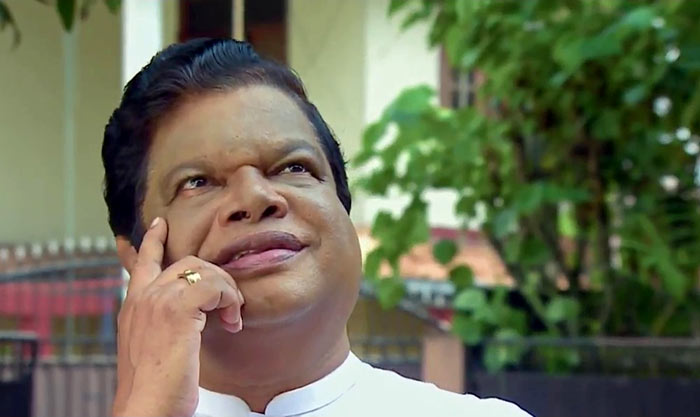Government plans to import sugar from India and dhal from Australia

The Government has decided to import sugar from India and dhal from Australia.
According to a cabinet paper submitted by Trade Minister Bandula Gunawardena, sugar will be imported from National Agricultural Cooperative Marketing Federation of India Ltd. (NAFED) and dhal from Australia’s JANTEC Group. The objective is to provide sugar and dhal at affordable prices to the people through state outlets such as co-operative stores and Lanka Sathosa.
The minister said once the imported stocks arrived, the retail price of a kilogram of dhal would be Rs. 175 and sugar Rs. 107.
Under the plan, some 2,500 Mt each of sugar and dhal will be imported and money for this will be obtained as a concessionary loan from the co-operative fund at two percent interest.
The move came after the government unsuccessfully tried to get private traders to reduce commodity prices.
(Source: The Sunday Times)

Latest Headlines in Sri Lanka
- Sri Lanka President vows crackdown on organized crime and drug abuse March 18, 2025
- Supreme Court rules Gotabaya’s PTA detention order unlawful March 18, 2025
- Imthiaz Bakeer Markar resigns as SJB Chairman March 18, 2025
- Cabinet approves fertilizer subsidy for 2025 Yala season March 18, 2025
- Milk powder prices to increase by 4.7% from April 2025 March 18, 2025



The Dhal in Australia is grown with the assistance of chemical based fertilizer.
This completely contradicts Govt policy.
The sugar in India, who knows what they use to promote growth?
Most likely they are using the corpses of dead muslims.
If Sri Lanka’s Government and Central Bank continue to hold onto the current short-term policy measures, without immediately addressing the worsening crisis in the country’s external account, the Sri Lankan rupee is likely to plummet even beyond the current exchange rates prevailing in the black market.
There is an urgent need for the country to seek the support of the International Monetary Fund (IMF) to resolve the current crisis in the country’s external account, which has led to shortages in US dollars in the country’s banking sector,